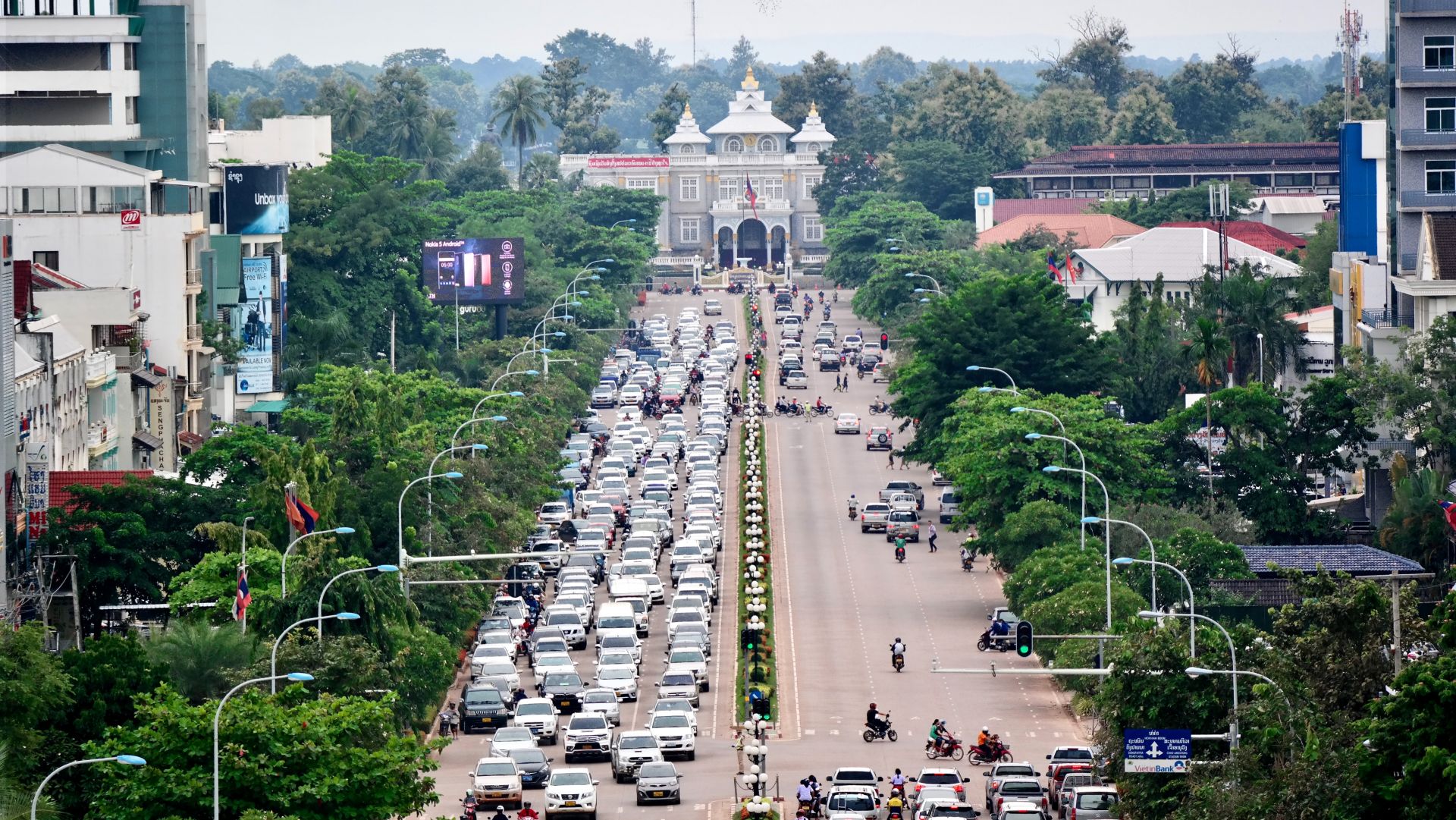Media Releases
Warning after aid worker vanishes

A James Cook University researcher is warning of the increasing and unpredictable dangers for development workers in authoritarian countries after completing his investigation into the 2012 disappearance of a community worker in Laos.
Dr Kearrin Sims is a lecturer in Development Studies at JCU. He used his local knowledge and contacts in Laos to investigate the December 15, 2012 disappearance of community development worker Sombath Somphone, who was abducted at a police checkpoint in his home city of Vientiane.
“He was stopped at a police checkpoint and escorted into a roadside building. A motorcyclist arrived and drove off in his vehicle. A truck with flashing lights then arrived and two men led him into it. He has not been seen since,” said Dr Sims.
He said Laos is a single-party state governed by an authoritarian regime that has ruled for more than 40 years without opposition.
“What makes the disappearance particularly significant is that Sombath is an internationally esteemed community development worker who always sought to work with, rather than in opposition to, the state,” said Dr Sims.
He said foreign capital has poured into Laos and commercial projects have led to the appropriation of communal land - with more than half of the development estimated to have detrimental effects on the environment and local residents.
“Sombath’s career was marked by non-confrontational activities. His disappearance highlights that a lifetime spent working effectively with the state provides little security when an authoritarian regime feels threatened,” said Dr Sims.
A confidential informant told Dr Sims that Sombath was not targeted because of his actions, but because he was so well-respected that his disappearance would intimidate others into silence.
Dr Sims said the disappearance raises important questions about the blurred and shifting boundaries of political oppression in authoritarian countries.
“It shows the need to anticipate and mitigate the dangers of politically oriented development work, as well as highlighting the different forms of risk experienced by local and international development workers in authoritarian contexts.”
Dr Kearrin Sims
E: kearrin.sims@jcu.edu.au